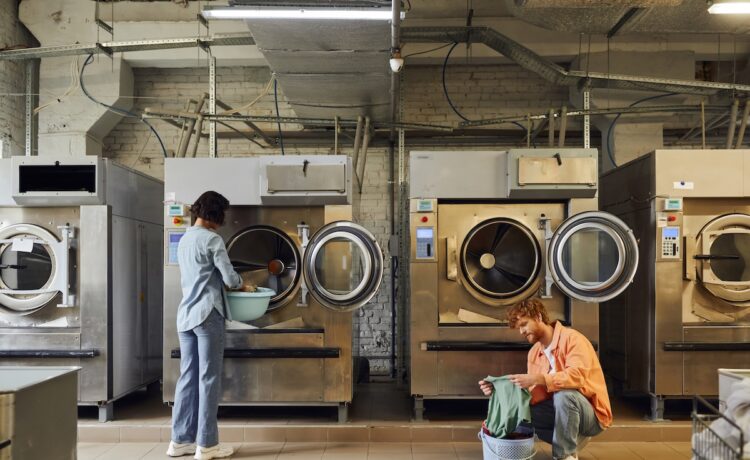Industrial washing machines are the unsung heroes of modern laundries, garment manufacturers, and hospitality providers. These robust machines handle thousands of pounds of fabric daily, turning raw laundry into pristine garments with a single cycle. Their design, performance, and durability make them indispensable in any high‑volume setting.
Key Features That Set Them Apart
Unlike residential washers, industrial units boast larger drum capacities—often 10 to 30 cubic feet—allowing entire loads of towels, linens, or upholstery to be cleaned at once. Heavy‑duty motors and reinforced frames ensure continuous operation without the frequent breakdowns that plague smaller appliances. Many models also feature programmable wash cycles, adjustable water temperatures, and high‑capacity detergent dispensers, giving operators precise control over each load.
Energy Efficiency and Sustainability
A common misconception is that industrial machines are always energy hogs. In reality, many manufacturers now produce energy‑starved models that use less water and electricity per load while maintaining superior cleaning performance. Features such as variable‑speed drives, load‑sensing technology, and heat‑recovery systems help reduce operating costs and lower a facility’s carbon footprint.
Maintenance and Longevity
Proper maintenance is critical for maximizing uptime and extending machine life. Regular descaling, filter cleaning, and torque checks on bolts and bearings prevent costly downtime. Many brands offer 24/7 support and remote diagnostics, allowing technicians to troubleshoot issues before they become serious. When searching for reliable equipment, many businesses turn to an industrial laundry washing machine that can handle enormous loads while offering comprehensive service plans.
Choosing the Right Model for Your Business
Selecting the correct machine depends on several factors: volume of laundry, fabric types, available space, and budget. Small hotels may benefit from a mid‑size model with quick cycle times, whereas large textile mills require high‑capacity, multi‑cycle machines that can run continuously. It’s also essential to consider future expansion; investing in a scalable system can save money in the long run.
Final Thoughts
Industrial washing machines are more than just large washers; they’re engineered for reliability, efficiency, and scalability. By understanding their core features and aligning them with your operational needs, you can choose a machine that keeps your laundry cycle smooth, your customers satisfied, and your bottom line healthy.





